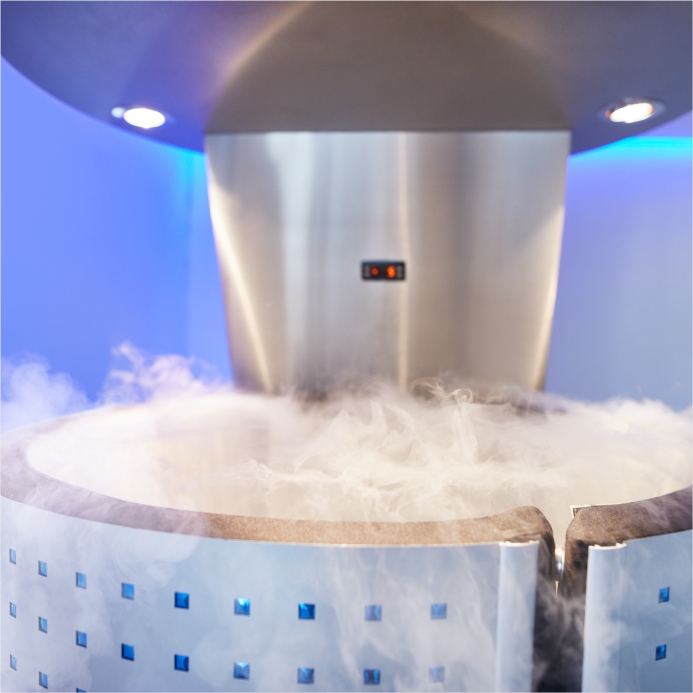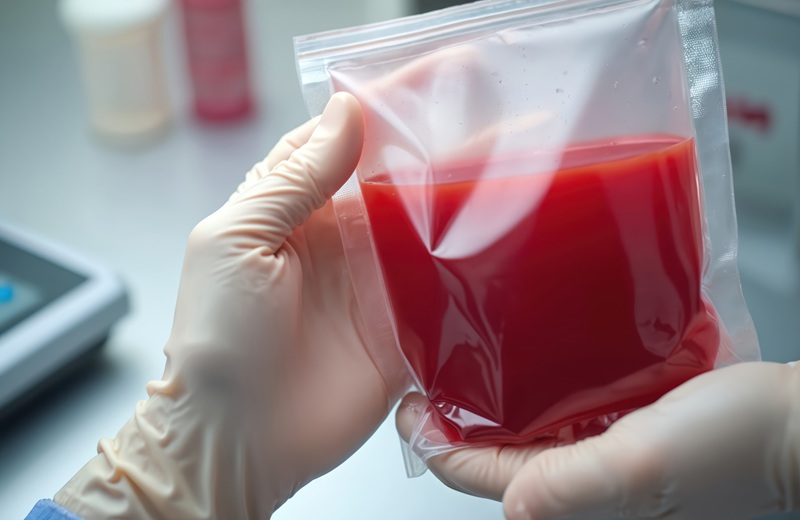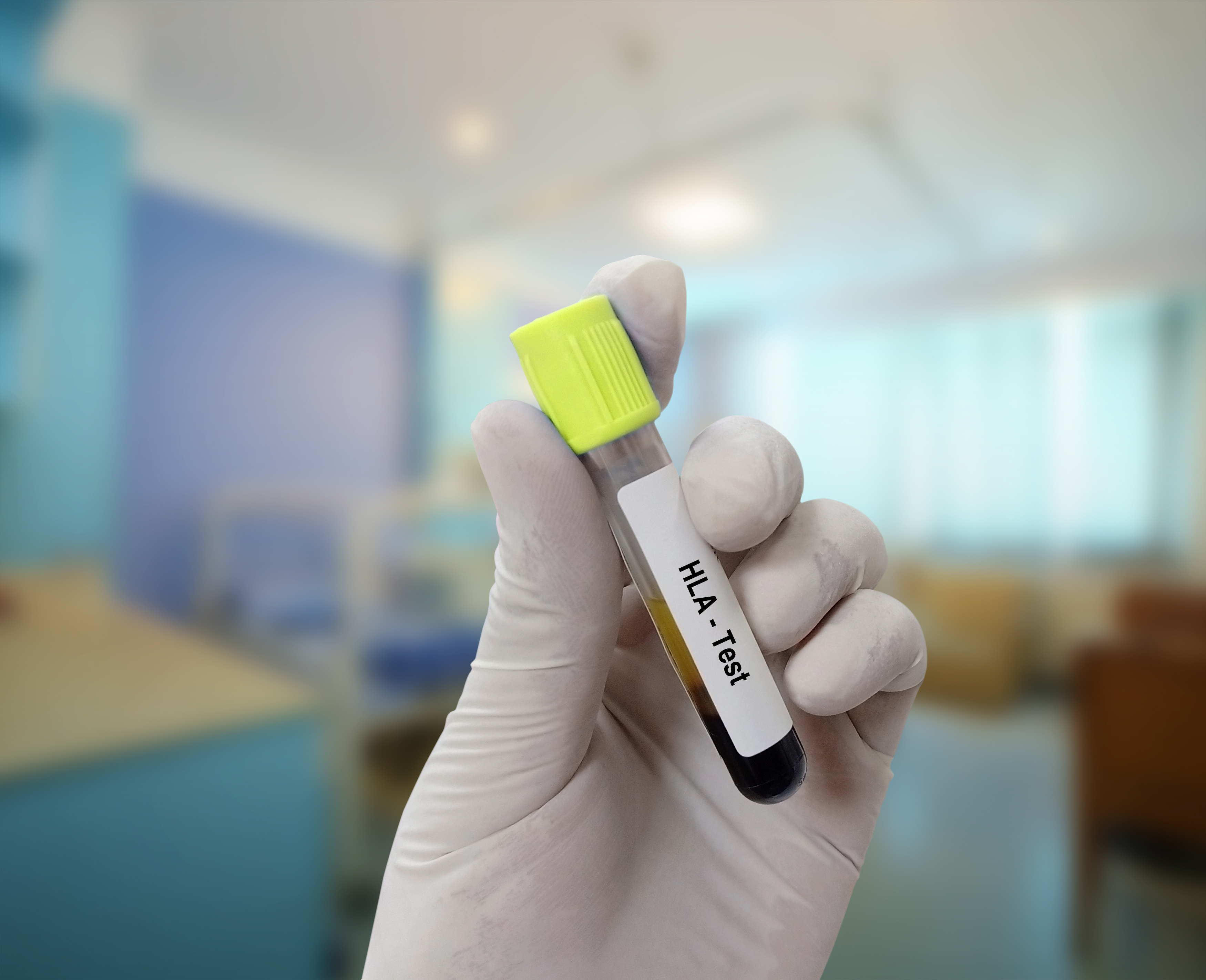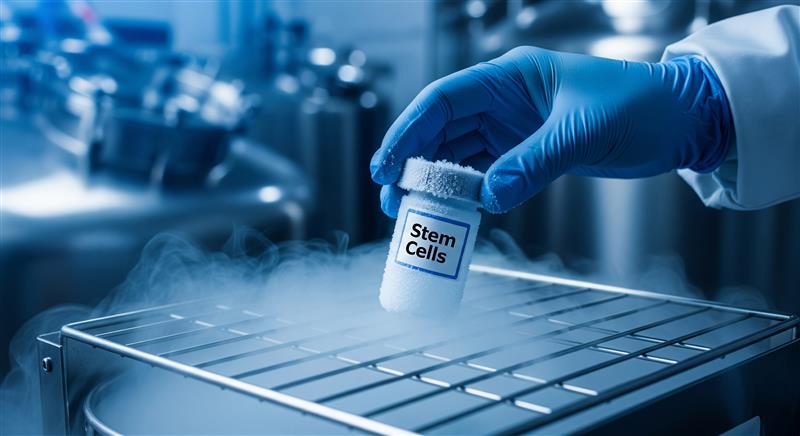How Long Can Stem Cells Be Stored?

Stem cell storage has become an essential service for parents looking to secure their child's future health. These remarkable cells can transform into various specialized cell types and are crucial in treating numerous diseases. However, for how long can we store stem cells, and what factors influence their functionality?
In this blog, we’ll explore details such as what these cells are, their collection process, and how long they can be stored.
What Are Stem Cells and Their Applications?
Stem cells are unique because they can develop into different cell types in the body. This versatility makes stem cells apply to many medical procedures. For instance, these can replace worn-out tissues or treat conditions such as cancer and blood disorders. The common stem cells include - embryonic stem cells, adult stem cells, and cord blood stem cells.
Cord blood, collected from the umbilical cord and placenta after birth, is rich in hematopoietic stem cells. They contain cells with the ability to transform and produce all types of blood and thus can cure diseases such as leukemia, anemia, and any leading genetic diseases. To ensure their longevity, proper storage conditions are crucial.
How Are Stem Cells Collected?
Collecting stem cells, especially cord blood stem cells, is relatively easy. After the umbilical cord is cut and clamped, the remaining blood is drawn into a special bag. This blood is then sent to a laboratory, where the stem cells are isolated and preserved. This process is vital as it is a rich source of hematopoietic stem cells, which are quite useful in various medical treatments. The collection process is non-invasive and poses no risk to the mother and baby.
The Role of Cryogenic Storage in Stem Cell Preservation
In stem cell storage, cryogenic technology plays a crucial role in preserving these valuable cells. This process involves storing the cells at extremely low temperatures, typically below -150°C. One of the most important parts of this process is controlled rate freezing, which slows the formation of ice crystals that could harm the cells. With a gradual decrease in temperature, water can be removed from the cells, which prevents the formation of large ice crystals. This helps keep the cell membrane intact and prevents it from rupturing.
How Long Can Stem Cells Be Stored?
The span of stem cells in terms of storage time is another topic of interest to most people who opt to store the cells. Since the advent of stem cell storage services in the 1990s, researchers have gathered data on their longevity. Research conducted also reflects that the samples stored were viable and the stem cells can have the ability to last for decades without even degrading.
Studies have shown that cord blood samples are still viable after being stored for over 10 years, with no significant decline in stem cell quality. Further, the freezing process halts all the important activities of the cells, which means that while being frozen, no changes such as aging can occur. Precisely, this possibility to ‘stock’ cells for so long makes many new treatment options for their future application possible. Similar studies have confirmed that freezing pauses stem cell growth and stop deterioration effectively, allowing stem cells to be used in future medical treatments.
Final Words,
As research advances, the potential applications of stem cells continue to expand, making their preservation increasingly beneficial. Parents who opt to bank their baby’s stem cells can feel confident they may have access to life-saving treatments in the future. In a world where medical advancements are ongoing, Stem cell storage is one of the most effective methods acting as the source of cells that could save lives.
Cryogenic storage techniques can keep stem cells viable for half a century or more, and stem cell storage services like Cryoviva can help you store them safely. If you are looking for effective cryogenic technology to preserve stem cells, then Cryoviva can be an ideal solution. Connect with experts today and check the advance technology they implement to offer world-class services.








 Enquiry
Enquiry
 Email
Email Phone
Phone
 Whatsapp
Whatsapp